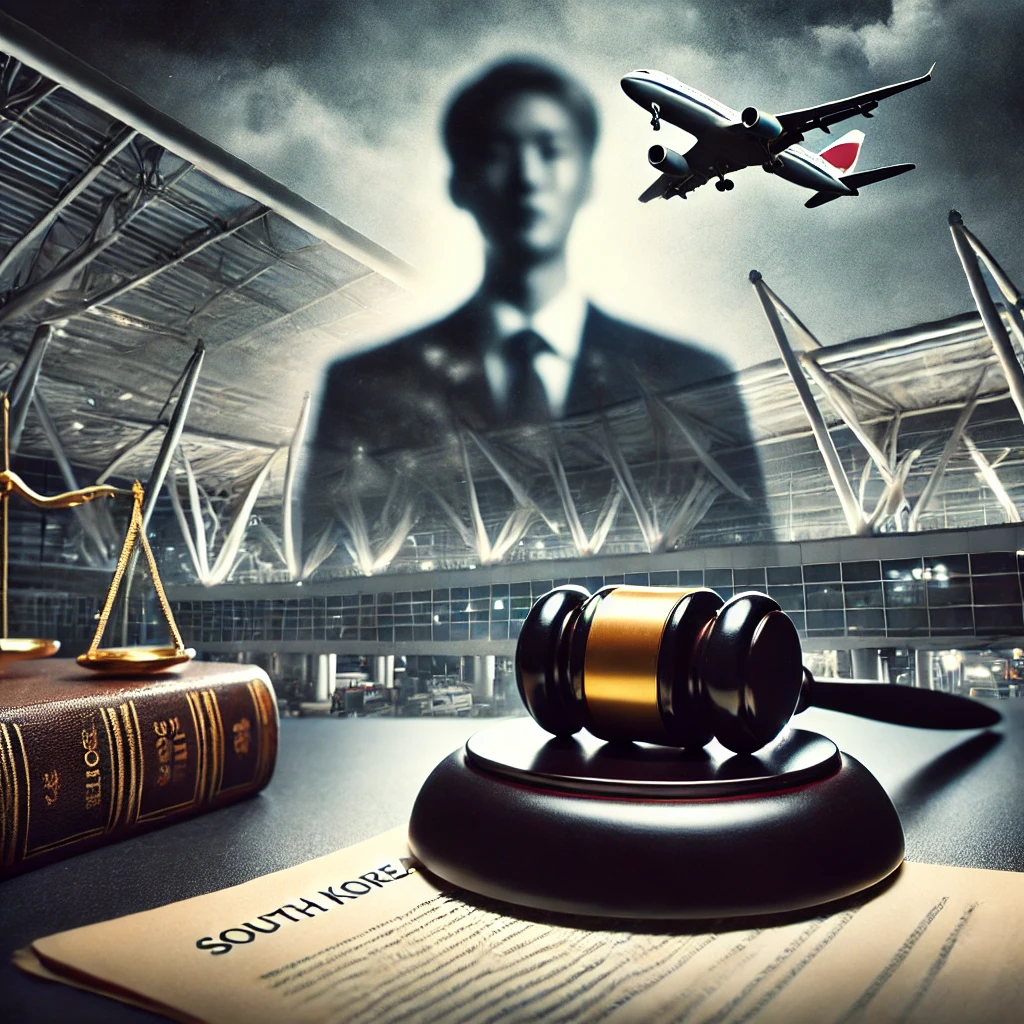In a surprising turn of events, South Korea’s President has been banned from leaving the country amidst growing political turmoil. The unprecedented move has sent shockwaves through both the national political landscape and the international community. What led to this drastic decision, and what does it mean for the future of South Korea’s leadership? Let’s dive into the details.
The Reason Behind the Travel Ban
The South Korean president, who has been embroiled in a series of controversies, now faces legal and political challenges that have resulted in the imposition of a travel ban. The ban was issued by a court after allegations of corruption, misuse of power, and involvement in questionable business dealings became a focal point of public protests.
While the details surrounding the accusations are still emerging, it is clear that the allegations against the president have raised serious concerns within the political establishment and among the public. Investigations are ongoing, and the ban on leaving the country is seen as a precautionary measure to ensure that the president does not evade legal proceedings or further investigation.
Political Implications
The decision to bar the president from leaving the country has far-reaching implications. South Korea, a democratic country with a strong emphasis on rule of law and accountability, has never seen a president face such a situation. This move signals a potential shift in the political landscape, with growing calls for accountability and transparency in government leadership.
The political opposition has seized upon this crisis as an opportunity to challenge the president’s authority and legitimacy. Protests have erupted in major cities, with citizens demanding answers and calling for the president to step down. The political opposition, along with civil society groups, are calling for a full investigation into the president’s actions, with some pushing for impeachment proceedings.

International Reactions
The international community has been closely monitoring the situation in South Korea. While many world leaders have expressed concern over the political instability, others have emphasized the importance of legal due process. Some international observers are cautious, warning that the political chaos could impact South Korea’s global standing, especially at a time when regional tensions, particularly with North Korea, are on the rise.
South Korea has long been seen as a stable democracy in East Asia, and this crisis risks shaking that perception. The travel ban could also impact foreign relations, as the president’s ability to represent the country at international summits and meetings has been severely hindered.
Public Reaction and Protests
The public’s response to the president’s travel ban has been swift and intense. Citizens, who have long been critical of the president’s policies, are using this opportunity to voice their discontent. In addition to street protests, social media platforms have been flooded with calls for the president’s resignation. The hashtag #ResignPresident has trended for days, with thousands of citizens demanding that the president step down and allow for a more transparent investigation.
Supporters of the president, however, argue that the travel ban is an overreach and an attempt to discredit his administration. They claim that the legal proceedings are politically motivated, aimed at weakening the president’s power and undermining the public mandate.
The Legal Process and Potential Outcomes
The legal framework surrounding the case is complex. South Korea’s judicial system has been known for its independence, but the involvement of high-ranking political figures can sometimes blur the lines between legal proceedings and political maneuvering. For now, the president remains under investigation, and his ability to lead the country effectively is called into question.
If the investigations prove that the president has committed any crimes, impeachment proceedings could follow. However, given the political dynamics, it remains to be seen whether such a move would garner enough support from the National Assembly to succeed. The possibility of early elections, or even a new leadership transition, is also a subject of intense debate.
What’s Next for South Korea?
As the political crisis deepens, South Korea finds itself at a crossroads. The nation will have to grapple with a fragile political environment, a polarized public opinion, and the uncertainty of its leadership. The way forward will require transparent legal processes, open communication from the government, and a commitment to upholding democratic principles.
The international community will likely continue to watch this situation closely, as the implications of South Korea’s political crisis extend beyond the country’s borders. The outcome of this crisis will shape South Korea’s political landscape for years to come, and its ability to navigate this turbulent period will determine its future direction on both the domestic and international stages.
Conclusion
The travel ban imposed on South Korea’s president has thrown the country into a political maelstrom. The allegations against the president have raised serious concerns about his leadership and have fueled widespread public unrest. With investigations underway, the future of the president and his administration remains uncertain. As South Korea navigates this turbulent political moment, the world is watching closely to see how the situation unfolds. The call for justice, transparency, and accountability continues to resonate across the nation.


